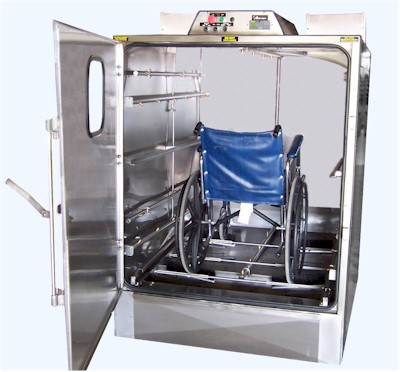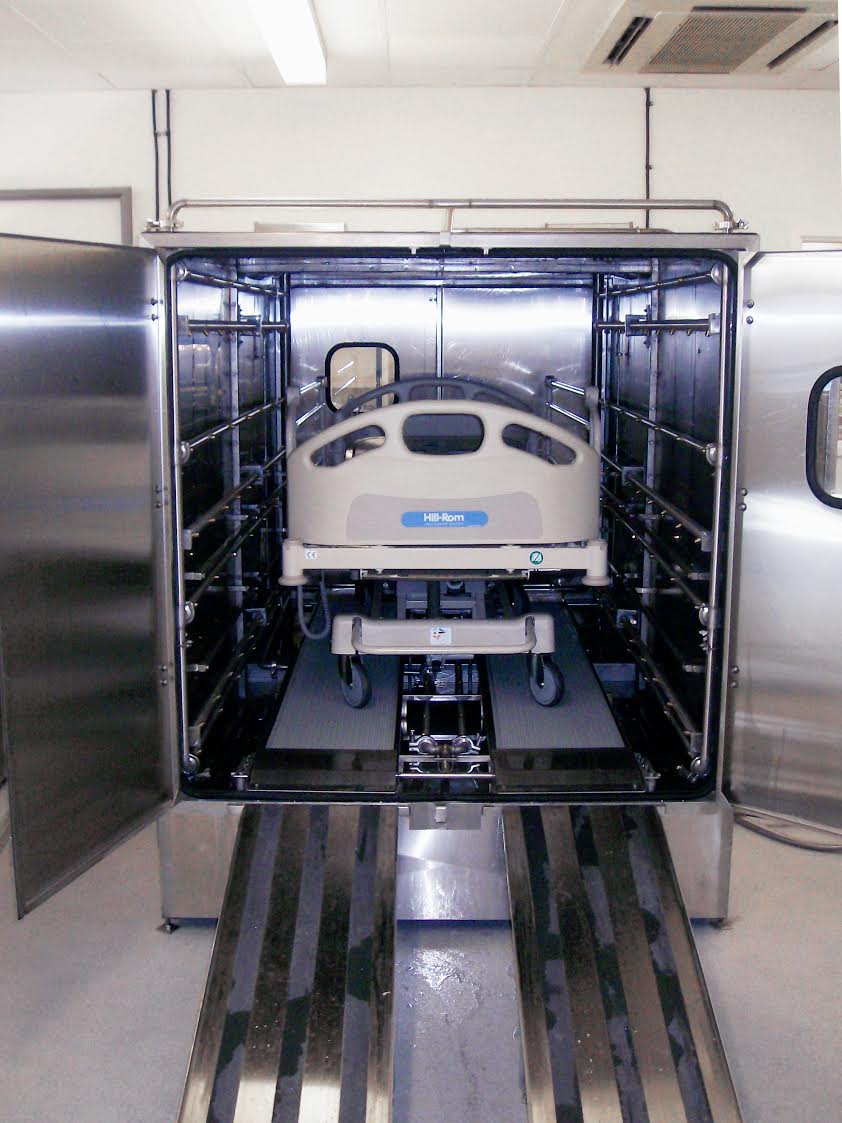The role of hospital surfaces in transmission of pathogens
The inability to validate manually cleaned surfaces and equipment

Multiple studies strongly suggest that environmental contamination plays an important role in the transmission of methicillin-resistant Staphylococcus aureus, vancomycin-resistant Enterococcus app, norovirus and Clostridium difficile. Importantly, norovirus and C difficile are relatively resistant to the most common surface disinfectants and waterless alcohol-based antiseptics. Evidence from studies strongly suggests that contaminated surfaces are important in the spread of the emerging healthcare-associated pathogens norovirus, C difficile, and MDR-Acinetobacter. It has also been demonstrated that many room surfaces are not adequately cleaned.

Url: Role of hospital surfaces in the transmission of pathogens